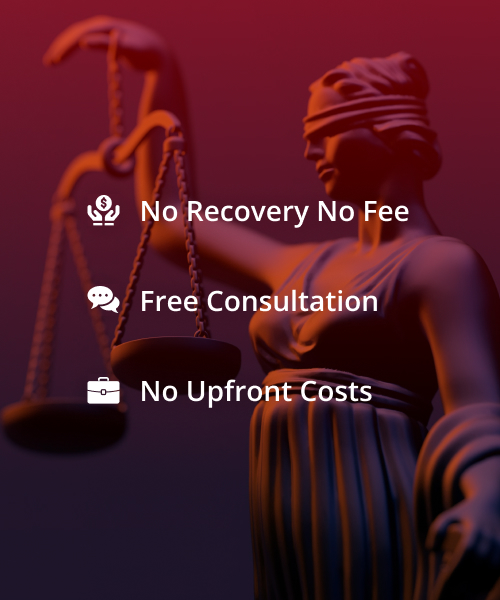- Free Case Evaluation: (305) 577-3777 Tap Here to Call Us
Cardiac Ablation Injuries: How It Happens

People with atrial fibrillation or an irregular heartbeat that are not well controlled with medication often have cardiac ablations. These procedures are performed by electrophysiologists who are cardiologists that have additional training. An electrophysiologist frequently uses a catheter that is inserted in the patient’s groin and threaded up through a vein into the heart. The end of the catheter tip delivers a radio frequency or electricity in order to make burns in certain places in the heart and around the pulmonary veins. The purpose of these burns or lesions is to interrupt the flow of electricity in the heart to prevent the abnormal rhythms associated with atrial fibrillation.
During the performance of a radio frequency cardiac catheter ablation, there can be complications. One of the most feared complications is called an atrial esophageal fistula. This happens when too much heat is transferred along the wall of the left atrium or back wall of the heartwhere it is closest to the esophagus. The heat energy actually transfers right through the heart wall into the esophagus creating a thermal burn. Over time this burn can develop into a lesion and progress to perforation and eventually a fistula which is essentially a communication between the heart and the esophagus. This complication is fatal 85% of the time.
Electrophysiologists must take a series of careful steps to prevent this dreaded complication referred to in the literature as “AEF”. First, it is important that the physician carefully explain all of the risks of the procedure to the patient and especially the kinds of symptoms and signs of this complication before the procedure ever takes place. It is also important to give the patient medication to protect the esophagus. The most effective medicine is a proton pump inhibitor which prevents gastric acid from irritating and inflaming the esophagus. Usually a patient takes this for at least a month after the ablation. During the procedure, the electrophysiologist must carefully measure the temperature in the esophagus throughout the entire procedure and regulate the amount of force they place on the catheter, the amount of electricity they use and the amount of time they spend in the most vulnerable areas near the esophagus. After the procedure, it is essential that the doctor remind the patient of all the signs and symptoms of this complication that they could experience, especially such problems as chest pain, difficulty swallowing, fever to name a few. A patient with any of these signs or symptoms must immediately contact the doctor and/or return to an emergency room at a hospital. Careful follow up is necessary and the patient must see the electrophysiologist shortly after the procedure to be certain none of these signs or symptoms are present.
Finally, while atrial esophageal fistulas are rare, they can happen and careful protective mechanisms and planning are necessary to avoid them. If you or a loved one have had any injury or complications from a cardiac catheter ablation, please call Davis Law for a free consultation to discuss your potential claim. Medical malpractice cases are often complex and require experienced attorneys and experts. Our law firm has been handling medical malpractice cases since 1986 and we would welcome the opportunity to speak with you. Our telephone number is (305) 577-3777 and we are available on a 24/7 basis in both English and Spanish.









